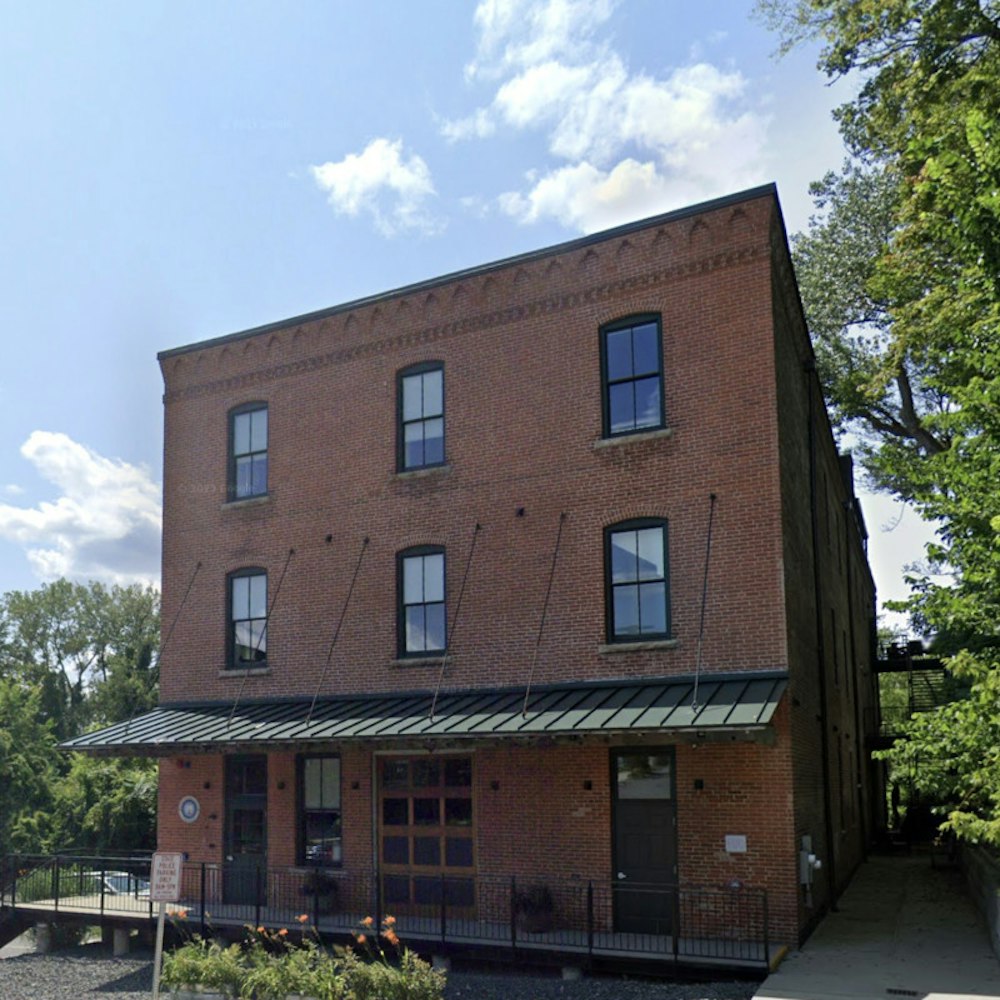
The push for more affordable housing in Arizona hit a snag as state legislators grappled with balancing local autonomy and a statewide initiative to promote accessory dwelling units, also known as backyard casitas. Despite the progress made in cities like Phoenix, where the City Council approved the construction of these units, a bill aiming to take this concept statewide has faltered at the Arizona Capitol.
Republican Sen. Steve Kaiser's bid to revolutionize zoning laws and override local regulations, to address the housing crisis, fell flat due to the reluctance of conservative Republicans to meddle with community rules. According to Tucson.com, Kaiser acknowledged the comprehensive zoning overhaul, which included provisions for backyard casitas, would not materialize this year, a setback that underscores the tension between state-led initiatives and local control.
Meanwhile, the business outlook for companies specializing in the construction of accessory dwelling units is hopeful within municipalities permitting their development. Companies like Phoenix-based AzADU LLC are poised to benefit from a green light at the city level, as their co-founder, Pat Moroney, a veteran homebuilder, optimistically noted, "there's no doubt it's positive for expanding affordable housing." Luke Bevans, another co-founder, emphasized the considerable impact ADUs could have on the housing crisis, as reported by the Phoenix Business Journal.
Despite the state-level bill's demise, Tucson.com reports of Kaiser's support for ongoing local government efforts to voluntarily update zoning regulations that favor more affordable housing development, such as detached auxiliary dwelling units. "If the local governments can match supply with demand, then there’s no need for the state to be involved,’’ he stated, providing a glimmer of hope for proponents eyeing future opportunities to reshape Arizona's housing landscape.
Companies like Minimal Living Concepts LLC, founded by Zander Diamont and Jared Amzallag, have already capitalized on existing demand, having sold over 80 tiny homes in areas previously approving these structures. This trend signifies a growing interest, especially for multigenerational households. As Diamont indicated in a Phoenix Business Journal interview, there's an increasing return to communal living, where families choose to stay in closer proximity, fostering tighter bonds.
The fate of accessory dwelling units as a statewide measure may be uncertain, but with city councils like Phoenix's leading the charge, the conversation around alternative and affordable housing solutions continues to evolve in Arizona communities.






.webp?w=1000&h=1000&fit=crop&crop:edges)


